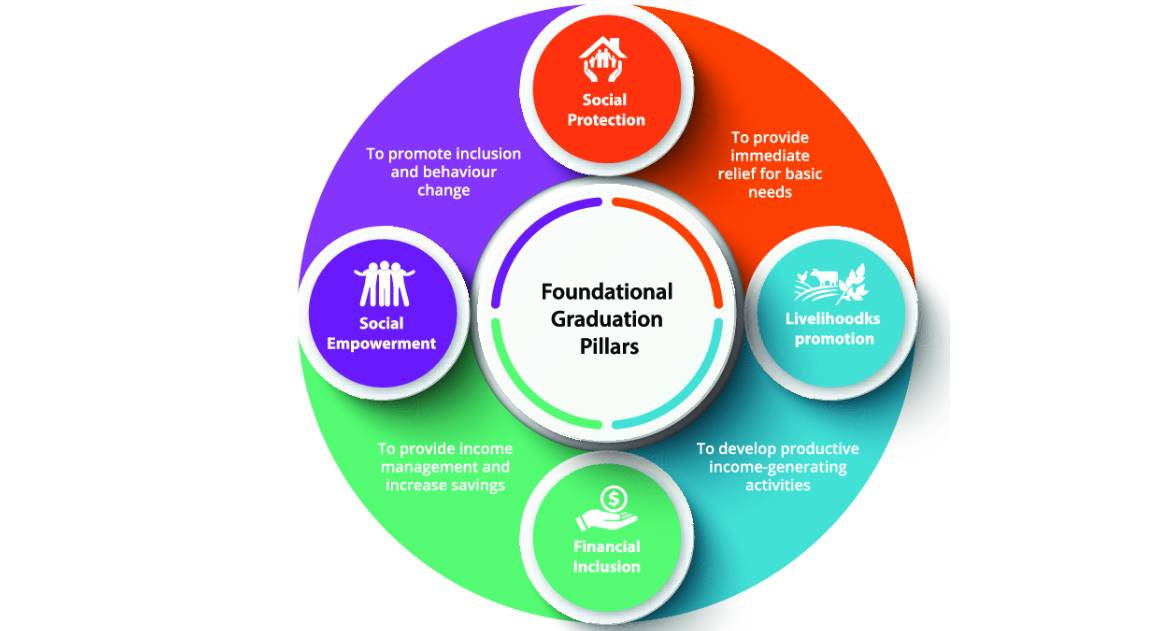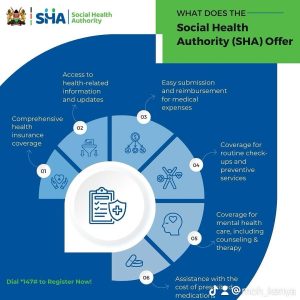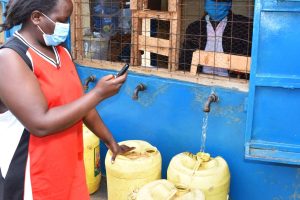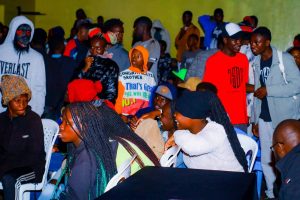BRAC’s Model a Game-Changer for Graduating from Poverty
In the heart of Kenya’s rapidly growing cities lie vibrant yet deeply underserved communities—peri-urban settlements and slums like Kangemi, Kibera, Mukuru, and Mathare. These neighborhoods are home to millions of resilient people striving for dignity, opportunity, and a better life. Yet, for far too many, the daily struggle against extreme poverty persists—intergenerational, multidimensional, and structurally entrenched.
At Dodwell Transcend, we believe the time has come for a new paradigm—one that goes beyond short-term aid and toward sustainable self-reliance. A model that’s backed by data, powered by dignity, and proven to work. That model is BRAC’s Graduation Approach.
🔍 What Is the Graduation Approach?
Developed in Bangladesh and now implemented in over 44 countries, BRAC’s Ultra-Poor Graduation (UPG) model is a time-bound, sequenced, and integrated set of interventions that supports the ultra-poor to transition into sustainable livelihoods.
The model is built on four key pillars:
-
Social Protection – immediate support through food stipends or access to health.
-
Livelihoods Promotion – a productive asset plus training for microenterprise or job readiness.
-
Financial Inclusion – savings groups, loans, and budgeting skills.
-
Social Empowerment – mentorship, life skills, and peer networks that build confidence and inclusion.
This isn’t charity. It’s a launchpad. It’s structured in a way that, after 18–24 months, participants are no longer dependents—they are entrepreneurs, savers, and agents of change.
📈 Why It Works—And Why It’s Urgently Needed in Kenya
A rigorous study by the London School of Economics found that seven years after completing BRAC’s program:
-
Annual earnings increased by 37%
-
Savings grew ninefold
-
Access to land doubled
In Kenya’s slums—where formal employment is scarce, youth unemployment is rising, and urban inequality is widening—these results could be transformative. In settlements like Kangemi, where Dodwell Transcend operates, ultra-poverty is compounded by overcrowding, informal housing, limited infrastructure, and gender-based economic exclusion.
Many programs focus on cash transfers or microloans alone. But the Graduation Model is different. It connects the dots: from assets to knowledge, from income to agency.
💡 A Role for Government and Social Enterprises
To achieve real, scalable poverty eradication, we urge the Government of Kenya—through the Ministry of Labour and Social Protection, State Department for Social Protection, and county governments—to mainstream the Graduation Model into national poverty reduction frameworks.
Programs like Inua Jamii have made admirable progress in safety nets. But what if beneficiaries could not only survive—but graduate from poverty altogether?
That’s where social enterprises like Dodwell Transcend come in. We are piloting an urban Graduation Model under the program Biz Yangu, Maisha Yangu in Kangemi Ward—adapting BRAC’s pillars for youth- and women-led households in slum settings. Our model includes:
-
A business startup kit
-
Digital entrepreneurship training
-
Savings group integration
-
Biweekly peer mentorship
Our aim: sustainable livelihoods that outlive aid.
🤝 The Way Forward
Kenya has no shortage of innovation, youth potential, or entrepreneurial energy. What we need is a structured bridge for the ultra-poor to cross the poverty line—permanently.
Let’s take what’s already working globally and scale it locally. Let’s support public-private partnerships, social entrepreneurs, and grassroots actors who are ready to roll up their sleeves and walk with communities—not just fund them.
Let’s move beyond relief and into resilience.
Let’s graduate from poverty, together.
Dodwell Transcend is a Kenyan-based social enterprise working to empower underserved communities through entrepreneurship, mental health innovation, and creative storytelling.




